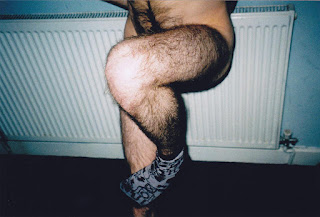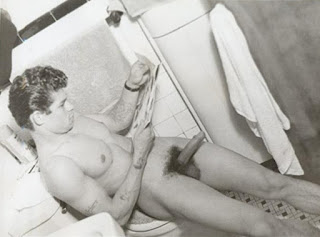Monday, November 29, 2010
Saturday, November 27, 2010
Friday, November 26, 2010
Tuesday, November 23, 2010
Wilfred Edward Salter Owen
Owen entered the war with much the same gallant spirit that drove Brooke to write the enshrined and nationalistic poetry that secured his own war-time reputation, but the comparison ends there. After being blown into the air by a mortar and landing in the remains of one of the officers in his company, his view of the war understandably changed. He suffered 'shell-shock', better known today as post-traumatic stress disorder, and his real writing began after that. He recovered at an army hospital, and there met Siegfried Sassoon, who was to be the major influence on his style and future impact of his work. After Sassoon, his work became critical and experiential. Sassoon's influence was very strong. Owen once said the he was "not worthy to light his pipe." Male beauty, shining imagery, gore and resignation are all hallmarks of Owen's work. His fatalism is palpable. Almost every poem reverberates with the foreshadowing of inevitable death.
Owen is gay by inference, rather than fact. His poems, letters, social associations, and his remarks about Sassoon all lean toward a conclusion that he was a man who loved other men. It was war, it was a different time, and certainly any presupposition of privacy or intimacy was impossible in the filth and watchfulness of the front - or in the pressure to conform at home.
Owen was a brave and resourceful soldier. He was awarded the Military Cross in 1916 for taking an enemy dugout single-handedly. But luck was not his. While crossing a canal on November 4th, 1918, at the battle of the Sambre just a week before the end of the war, he was shot in the head and died on the spot. He was 25 years old.
In a famous preface to a posthumous edition of his work, he wrote:
This book is not about heroes. English poetry is not yet fit to speak of them. Nor is it about deeds, or lands, nor anything about glory, might, majesty, dominion, or power, except War. Above all I am not concerned with poetry. My subject is War and the pity of War. The Poetry is in the pity.
His was the complete antithesis of Brooke's literary legacy. Where Brooke saw bloodless glory, Owen rightly smelled the stench of death - and told the world.
Virgil's Aeneid begins with the line "Arma virumque cano" or "Arms and the man I sing". Here Owen succinctly changes it to reflect his own experience.
Arms and the Boy
Let the boy try along this bayonet-blade
How cold steel is, and keen with hunger of blood;
Blue with all malice, like a madman's flash;
And thinly drawn with famishing for flesh.
Lend him to stroke these blind, blunt bullet-heads
Which long to nuzzle in the hearts of lads.
Or give him cartridges of fine zinc teeth,
Sharp with the sharpness of grief and death.
For his teeth seem for laughing round an apple.
There lurk no claws behind his fingers supple;
And God will grow no talons at his heels,
Nor antlers through the thickness of his curls.
Saturday, November 20, 2010
Subscribe to:
Posts (Atom)



















.jpg)





